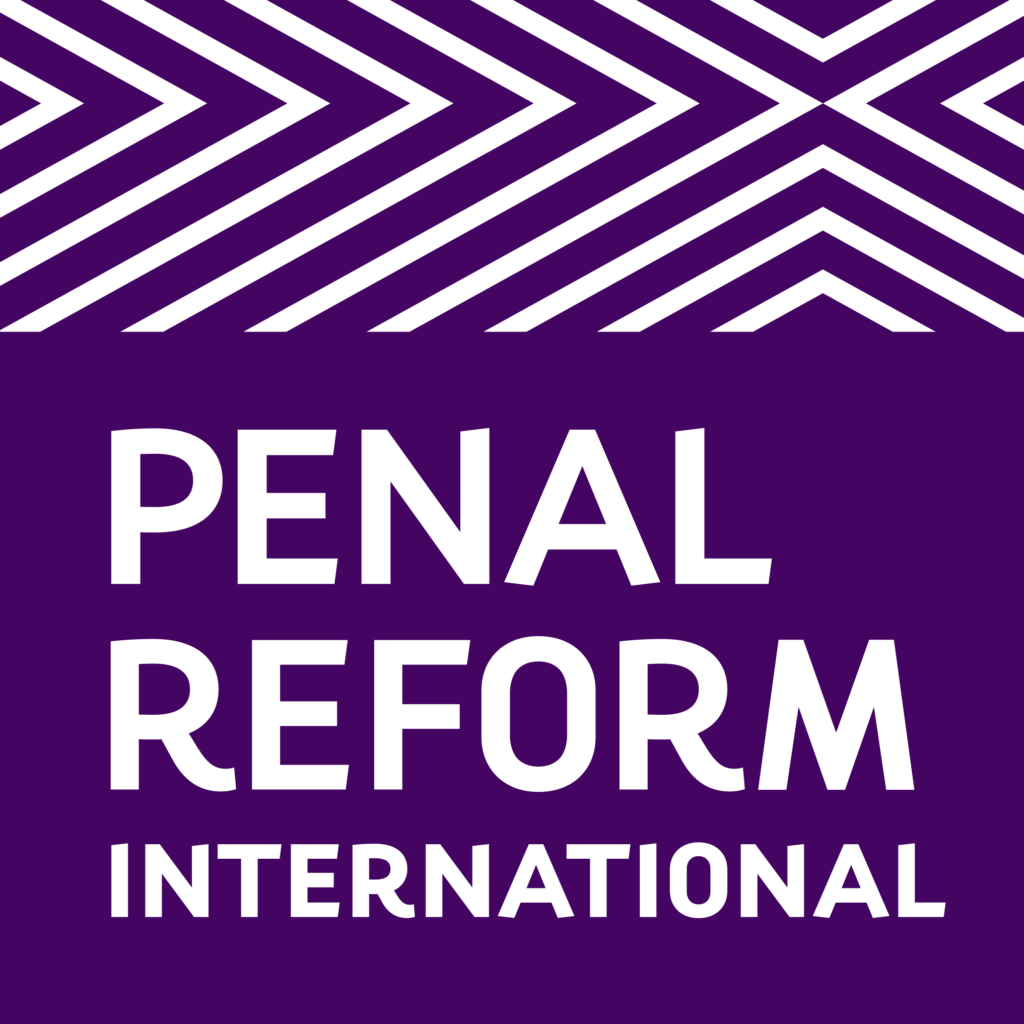
PRO-VOCEM - Probationers’ Voices Reviving Memories
Objectives
The general objective of PRO-VOCEM is to connect the histories of oppression and forced migration of Roma communities to the current-day marginalization, stereotyping, and disproportionate criminalization of Roma individuals, by examining and raising awareness of the complex historical roots of these contemporary phenomenons. By centering Roma probationers’ voices and amplifying personal narratives, PRO-VOCEM seeks to build public consciousness, deconstruct stereotypes, analyze the legacy impacts of migration and deportation, and promote interventions within the probation system, with a focus on Roma women.
Specific objectives include:
- Analyzing personal testimonies and oral histories of Roma probationers, that speak about their experiences of migration, racism, and societal exclusion rooted in historical oppression.
- Exploring how stereotyping, dehumanization, and discriminatory attitudes towards Roma probationers in the criminal justice system today may be traced back to historical narratives.
- Identifying ways in which the lasting trauma and disrupted communities caused by histories of Roma migration, expulsion, and deportation may impact criminality rates and perpetuate cycles of crime among Roma probationers.
- Assessing the current level of knowledge and understanding that students possess regarding Roma history, identifying key areas of knowledge, misconceptions, and gaps in understanding related to significant historical events, cultural practices, contributions to society, and challenges faced by the Roma community.
- Increasing public awareness and remembrance regarding migration and deportation histories of Roma populations through educational initiatives, cultural events, memorials, etc. as a means to overcome stereotypes.
- Developing and implementing comprehensive training programs for probation counselors aimed at increasing cultural competency, raising awareness about the historical roots of discrimination against Roma communities, and promoting equitable practices when working with Roma probationers, especially Roma women probationers.
- Facilitating forum theatre workshops and performances involving Roma probationers to raise critical consciousness about the historical roots of their marginalization and generate dialogue around dismantling discrimination within the probation system.
Target groups
Roma probationers (especially women) and their older relatives (parents and grandparents), probation counselors, stakeholders, and the general public.
The project aims to reduce inequalities by addressing historical oppression, stereotypes, and discrimination against Roma communities, with a specific focus on women.
It promotes gender equality and non-discrimination by amplifying the voices of marginalized groups and advocating for inclusive policies and practices within the justice system.
The project also aims to trigger change and innovation by fostering cross-border collaboration, sharing best practices, and promoting a more nuanced understanding of Roma experiences within probation services.
Activities & Expected Results
Roma Probationers Testimony Collection
- Increased engagement of Roma probationers (especially women) and their older relatives (parents and grandparents) in sharing their experiences, leading to the collection of oral histories.
- Immediate awareness raised about the historical oppression faced by Roma communities.
- Enhanced understanding of the root causes of marginalization among Roma probationers, especially concerning historical oppression. Identification of perpetuated stereotypes and impacts.
- Reduced marginalization and improved social inclusion of Roma probationers through the recognition of their narratives. A shift in public perception towards more empathetic and informed attitudes.
Raising Public Awareness
- Development of educational materials and organization of awareness events leading to immediate dissemination of information about Roma histories and experiences.
- Increased public awareness and understanding of the challenges faced by Roma probationers, especially women, resulting in reduced stigma and discrimination.
- Improved societal attitudes and policies towards Roma communities, leading to greater social inclusion and access to resources.
Developing participatory interventions grounded on living experiences of Roma probationers
- Analysis of current practices through Forum Theatre, leading to immediate insights into effective interventions for Roma probationers.
- Exchange of best practices and methodologies, leading to the development of more inclusive and responsive probation programs.
- Enhanced probation services tailored to the needs of Roma probationers, resulting in reduced recidivism rates and increased rehabilitation
Training and transnational learning for probation counsellors
- Training sessions leading to immediate awareness among probation counselors about multicultural perspectives and strategies to reduce discrimination against Roma, especially women.
- Improved competency and sensitivity among probation counselors in working with Roma probationers, leading to more effective interventions.
- Establishment of sustainable training programs and practices within probation services, contributing to long-lasting changes in how Roma probationers are treated within the justice system.
Professional training for probation counsellors
- Probation counsellors will gain immediate awareness of cultural and historical factors influencing Roma probationers, especially Roma women, and will be equipped with practical strategies to mitigate discrimination and foster equitable practices in their daily interactions.
- The training will enhance the competency and cultural sensitivity of probation counsellors, leading to more personalized, effective interventions that reduce systemic bias and improve rehabilitation outcomes for Roma probationers, particularly women.
- The training will establish sustainable training modules integrated into probation services, drive systemic change by embedding inclusive policies, and foster trust between probation services and Roma communities, ensuring long-lasting equity and participation within the justice system.
Dissemination and Advocacy
- Increased visibility of the project through various communication channels and academic publications.
- Greater awareness among stakeholders about the issues faced by Roma probationers, leading to potential policy changes and advocacy efforts.
- Integration of project findings and recommendations into institutional practices, contributing to systemic changes in addressing discrimination and promoting social justice.







Disclaimer
Funded by the European Union. Views and opinions expressed are however those of the author(s) only and do not necessarily reflect those of the European Union or the European Education and Culture Executive Agency. Neither the European Union nor the EACEA can be held responsible for them.





